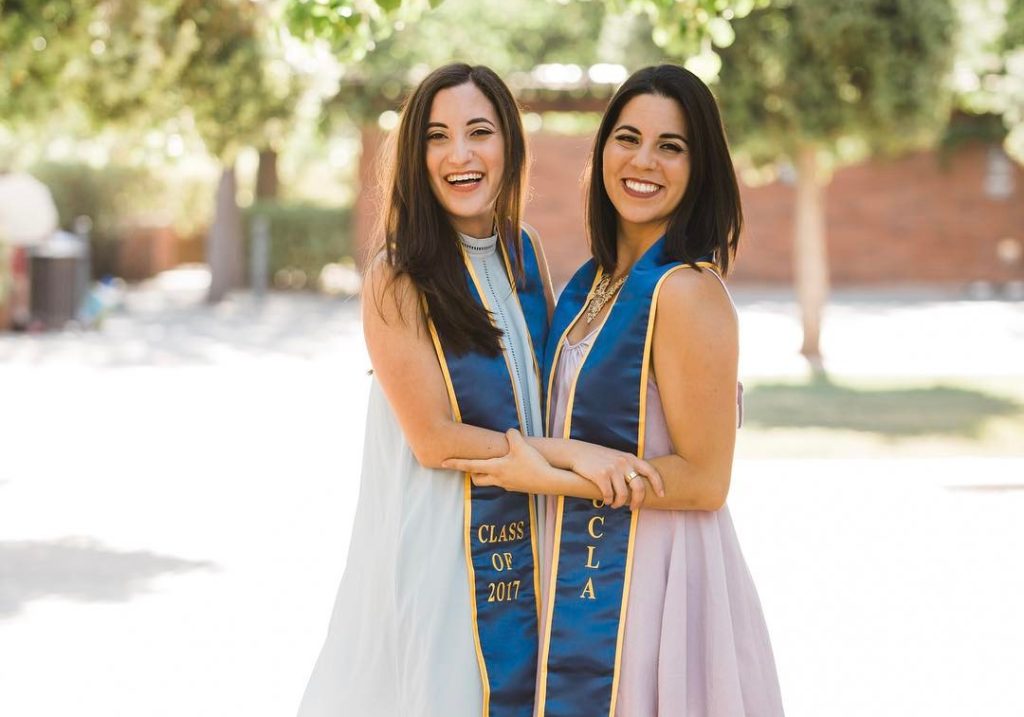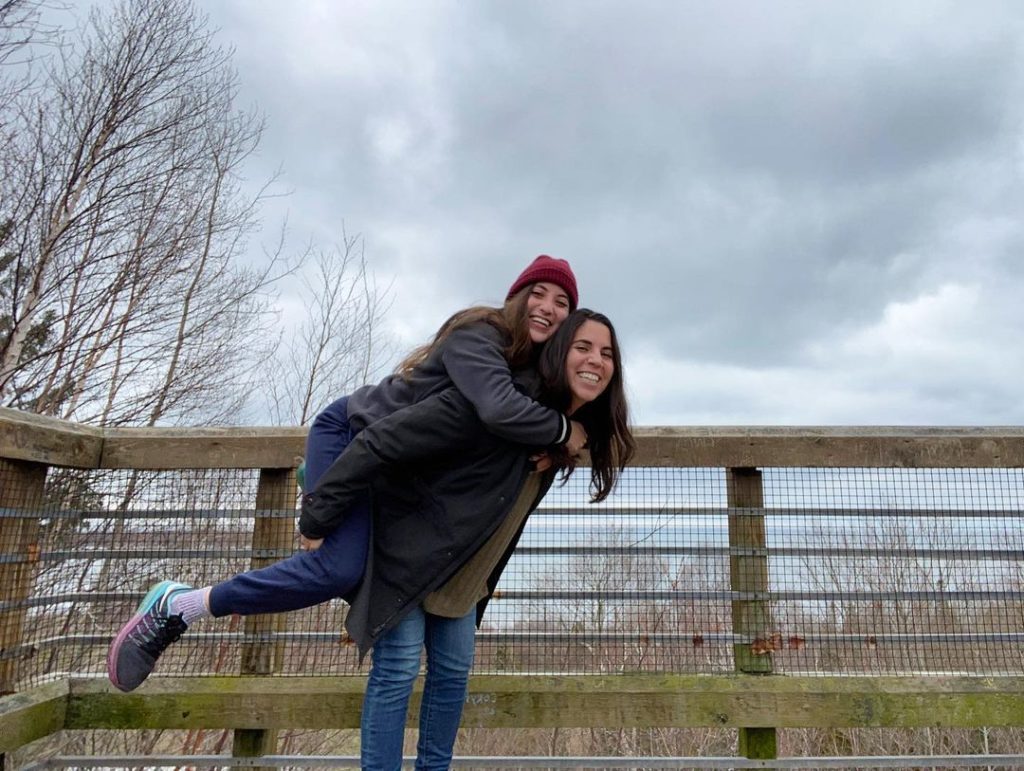
The Sibling Dynamic During Cancer
“Sisters and brothers are the truest, purest forms of love, family and friendship, knowing when to hold you and when to challenge you, but always being a part of you.” –Carol Ann Albright Eastman
For young adults diagnosed with cancer, life is upended, and dreams are put on hold at a time when adult life feels as though it is just getting started. Cancer also has an ability to extend beyond the patient to include the siblings and family as the entire family unit shifts into survival mode, with all attention focused on the young adult with cancer.
Siblings, in particular, often feel the weight of a cancer diagnosis and feel the need to mask their emotions in order to be strong for their family. They may feel overwhelmed as their own social and emotional needs are sidelined to take on additional chores and responsibilities at home and in school. Anxiety, anger, isolation, abandonment, resentment, and hopelessness are just some of the feelings that may arise as the dynamic of relationships change throughout a cancer diagnosis and treatment.
The sibling dynamics of a diagnosis
Julianna was a 16-year-old just starting to get glimpses of freedom when her world stopped on a dime due to her cancer diagnosis. It seemed like her newfound freedom was immediately recanted as she began to feel smothered by her well-intentioned parents and friends.
“Once I was diagnosed with cancer, I immediately lost all independence,” Julianna said, “I went from being a teenager who was starting to get all this independence to being treated like a baby. It was a really hard adjustment. I also was really craving that time with people my age, my friends, being at school – I lost a lot of time with those people.”
Julianna is a twin, and her diagnosis completely turned her sister Alessandra’s life upside down too.

“Where Julie feels that she was smothered, I feel the opposite. I feel I was pushed to be extra independent. We were going through this life change where we’re getting ready for senior year, getting ready to go to college. Julie talked about being excited to drive, and I ended up being the one driving but mostly to and from the hospital for doctor’s appointments. I became her transportation as opposed to me driving to a friend’s place.” stated Alessandra.
Both Julianna and Alessandra expressed feeling isolated after the diagnosis.
“You can have all the support, but if it’s not the people that you want [peers], you still feel very isolated.” said Julianna.
When youth can’t verbalize their feelings, they begin to feel isolated.
Julianna and Alessandra are not alone in their feeling of being isolated. For the Wagner family, Judy’s son Jackson was diagnosed at age 16 As a parent to an adolescent or young adult that was diagnosed with cancer, she knew that her children were not getting the support they BOTH needed from her.
When Jackson was diagnosed a switch flipped. “I needed to be by my child 24/7. This is what I needed to do as a mom.” Judy stated. While longing to be with her newly diagnosed child, she felt the guilt of not being there for her younger daughter, Hannah.
“I was so torn being there with Jackson and not being with Hannah because she was suffering too. I knew where I needed to be, and that was in the hospital. I remember feeling so not able to be there for both my kids, and that tore at my heart like you can’t believe.”
A cancer diagnosis changes sibling dynamics.
An unequal split of time, attention, and energy leads to bitterness and ultimately strain to a relationship—this was the case for twins Julianna and Alessandra.
“My perspective was never asked about. It’s always, you know, how’s your sister, how’s Julie doing, how is Julie doing with her diagnosis, etc. I kind of built a little bit of resentment or bitterness towards Julie.” shared Alessandra.
“Our parents tried to treat us equally most of the time, and then she started not being treated equally, and I could get away with a lot more because I was sick. If I was cranky, or rude, or cussed, or said no, it was acceptable.” replied Julianna.
“Even though there was a lot of tension and we argued a lot more during that time, we did get closer. She would come after school to spend time with me, and I felt like my sister was the only person who treated me normal. I appreciated that she provided me with some sense of normalcy, especially when a diagnosis kind of changes everything in your life.” said Julianna.
How can teens get support after a sibling’s cancer diagnosis?
While a cancer diagnosis completely alters the family’s way of life, everyone in the family (especially siblings) needs a safe space where they can feel heard and supported. For siblings, it can be easy to diminish your feelings and challenges, but advocating for yourself when you need a break, help, or support will help you keep a sense of self and allow you to b-present for your sibling when they need you most.
Our b-there program provides post-diagnosis support for you as a sibling or family member. Take a look at our resources to take care of yourself first so you can provide your loved one with the support they need. In many cases, therapy can be a great way for all family members to express their lived experience and have an outlet to feel seen.
Cancer’s impact extends throughout and beyond the family, and finding ways to express your feelings and emotions is key to maintaining the relationship dynamics between your siblings during this time.
Want more?
- Learn more about the b-aware program
- Read Losing a Sibling to Cancer — The Struggles with Moving Forward
- Watch the Support Squad Webinar Series
- Follow b-present on Instagram
